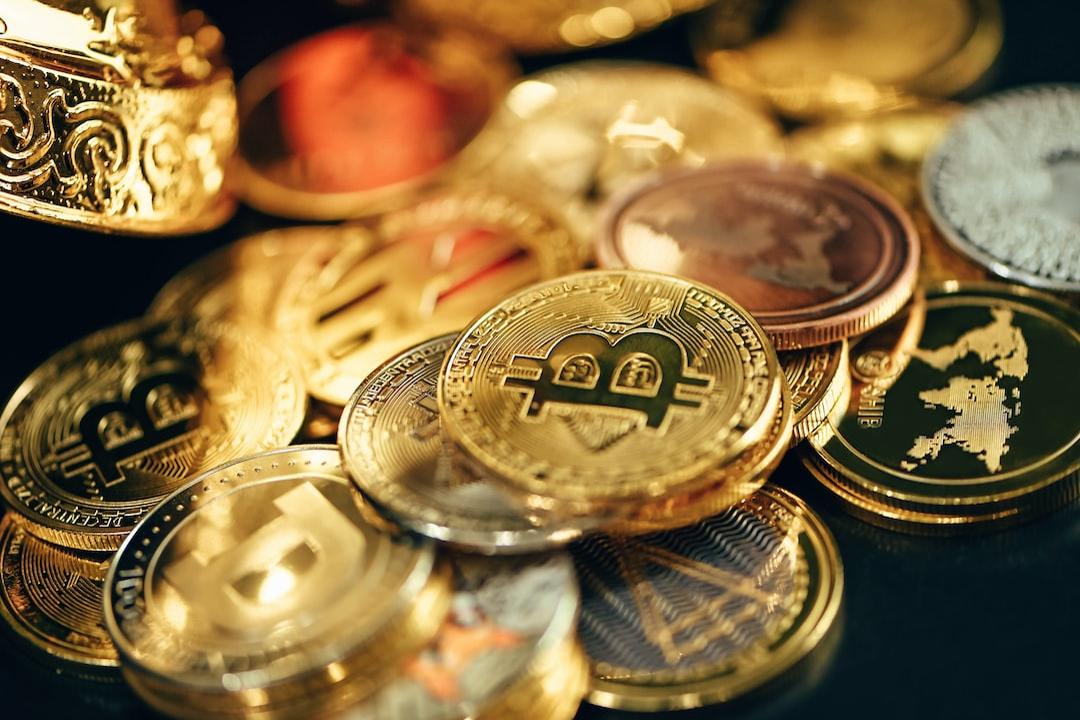The U.S. Department of the Treasury has taken a significant step to address the rapidly expanding world of non-fungible tokens (NFTs), proposing closer collaboration among government, industry stakeholders, and NFT developers. This move comes following the Treasury’s first-ever report titled “Illicit Financial Risks Assessment of Non-Fungible Tokens (NFTs)” released on May 29, 2024.
The report highlights the increasing popularity of NFTs and associated potential risks, particularly in areas such as fraud, scams, and money laundering. While the Treasury found “little evidence” of NFTs being used for terrorist financing, the lack of regulatory oversight surrounding this new asset class has created vulnerabilities exploited by fraudsters.
Call for Collaboration
Central to the Treasury’s report is a call for collaboration. The department recognizes the potential benefits of NFTs and advocates for fostering innovation rather than stifling it. It proposes a collaborative approach involving:
Industry Stakeholders: This includes NFT markets, exchanges, and other businesses within the NFT ecosystem. The Treasury urges these stakeholders to implement stricter Know Your Customer (KYC) and Anti-Money Laundering (AML) procedures to identify and prevent illicit activities.
NFT Developers: The report underscores the importance of collaborating with NFT developers to establish inherent safeguards within the technology itself. This may involve exploring methods to trace ownership history and flag suspicious transactions.
Government Agencies: The Treasury acknowledges the need for government agencies to adapt and develop comprehensive regulatory frameworks for NFTs. This framework should strike a balance between innovation, consumer protection, and national security.
Key Areas of Concern Identified
The report identifies several critical areas where NFTs are vulnerable to fraud and money laundering:
Money Laundering Transactions: This fraudulent activity includes individuals purchasing and selling NFTs to themselves, artificially inflating prices, potentially misleading other buyers.
Pump-and-Dump Schemes: Fraudsters can hype NFT projects through social media and online communities, driving up prices, then selling off their holdings to unsuspecting investors, leaving them with essentially worthless tokens.
NFT Laundering: Criminals can use stolen funds to purchase NFTs and then resell them on legitimate markets, converting their illegal gains into seemingly legitimate assets.
The Treasury emphasizes the critical importance of robust KYC and AML procedures in addressing these issues. Additionally, increased transparency within the NFT ecosystem is crucial, potentially involving requirements for timely disclosure of ownership information and transaction history by NFT markets.
Prospects for the Future
The Treasury’s report marks a turning point in the ongoing discussion surrounding NFTs and regulation. While some may view it as potentially inhibiting innovation, the collaborative approach outlined in the report offers a hopeful path forward. Through concerted efforts, governments, industries, and developers can harness the potential of NFTs while mitigating associated risks.
Several key questions remain to be addressed:
- What specific regulatory framework will be established for NFTs?
- How will a balance be struck between innovation and consumer protection?
- What role will self-regulation play in the NFT industry?
These issues are likely to be further discussed and developed in the coming months. The Treasury’s report sets the stage for a more robust and secure future for the NFT ecosystem.

